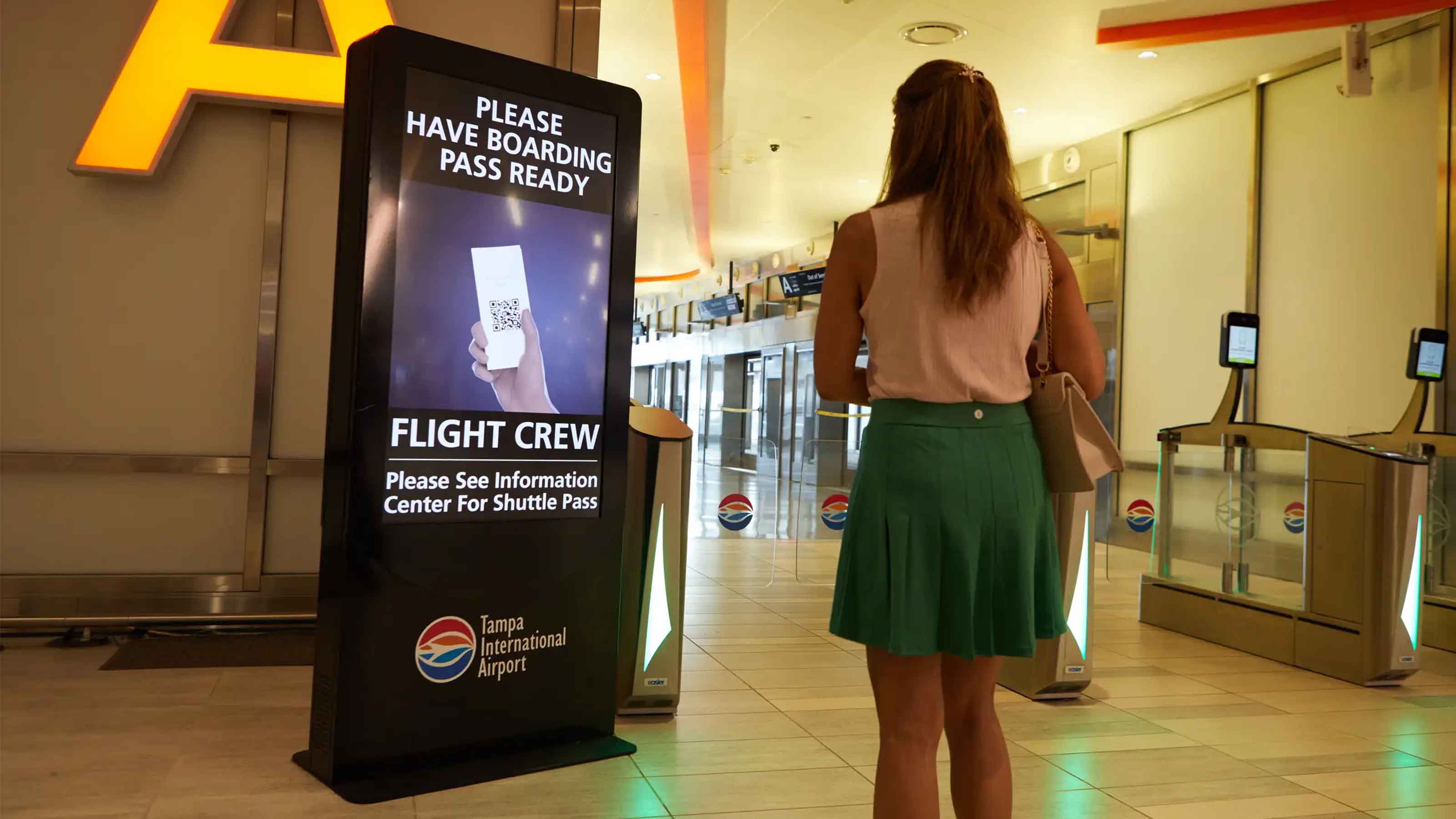Keeping Safe
Follow us
Add us as a preferred source on Google
Get the AVNetwork Newsletter
A daily selection of features, industry news, and analysis for AV/IT professionals. Sign up below.
By submitting your information you agree to the Terms & Conditions and Privacy Policy and are aged 16 or over.
You are now subscribed
Your newsletter sign-up was successful
An account already exists for this email address, please log in.
Subscribe to our newsletter
- Unlike the major news media, I'm not ready to declare a recession for the U.S. economy, but there's no doubt many segments are slowing and our business will feel the impact. In early March, the CEO of JPMorgan Chase predicted that we would be headed out of the current economic slump by the end of the year, and housing would begin to recover by spring of 2009. We can only hope he's correct.
- The contradiction to the current economic climate is that most of us in the commercial systems integration business began 2008 with the largest backlogs in our history, and 2007 was a very good year. Maybe the economy will be recovering by the time we use up most of our backlog, but what if it doesn't?
- Clearly the growth and strength of the commercial integration market is not universal, and not every area of the country has remained strong during the last two years. But compared to the quick and drastic downturn in the housing market, most commercial integrators are reporting strong sales and project backlogs. A common trend among integrators who continue to prosper during a slow economy are those who years ago began diversifying their core business. Quality integrators with a strong core business in security seem to be doing the best.
- Commercial security on the surface may not appear as interesting, cool, or profitable as audio, video, and control technologies; but a closer examination reveals that most segments of the security industry remain robust and growing as financial doom and gloom sets in all around. Security stocks remain strong, mergers and acquisition activity in the security industry are high, and the larger corporate giants report that their security sectors are among the most profitable and fastest growing segments of their business. According to Security Systems News, revenues for security installers and integrators rose 10 percent during 2007; access control and video surveillance made up 39 percent of the market.
- Part of the reason for this growth is the convergence of digital technologies with security systems. Since 9/11, security at all levels of society has been front-of-mind. Billions of dollars are finally flowing from the Department of Homeland Security, and some of that money is landing with projects performed by independent integrators. Digital technologies have also simplified and accelerated the deployment of security systems. The move to IP platforms for access, identification, and camera surveillance is merging security systems with network infrastructure. But even more important is the impact of digital technologies on what the products can do. Processing power, complex algorithms, and sophisticated programming are turning basic security systems into powerful applications that think for themselves, are easier to access and control, and truly multiply the effectiveness of limited human resources.
- Talk about the cool factor. Previously boring conversations about security systems with business owners, facility directors, and corporate security managers have become exciting discussions. The applications are becoming exciting, and integrators are forced to become network integration experts. As the systems become more complex, highly trained and experienced security integrators are becoming more valuable. Knowing what applications to deploy, how to effectively integrate the systems, train personnel to use the solutions and service them properly has never been more in demand than it is today.
- The unfortunate reality is that during tough economic times, security becomes more important as crime increases. And, as our information society grows, the secrets become harder to protect, and the domestic and international threats to our way of life are all too real. Home invasions, burglaries of all types, open assaults in public places, and the need to secure our homes and business are giving rise to a rapidly growing security industry. Those of us who have dedicated our businesses to becoming expert providers of security know that what we do really matters. It's a high calling to protect property and, more importantly, the lives of our customers. Working in concert with public planners, corporate executives, and first responders is a fulfilling and gratifying business. I only ask one thing; if you're going to provide security integration solutions, please commit your company to doing it very well.
scn Newsletter
A daily selection of the top stories for AV integrators, resellers and consultants. Sign up below.
TOPICS
